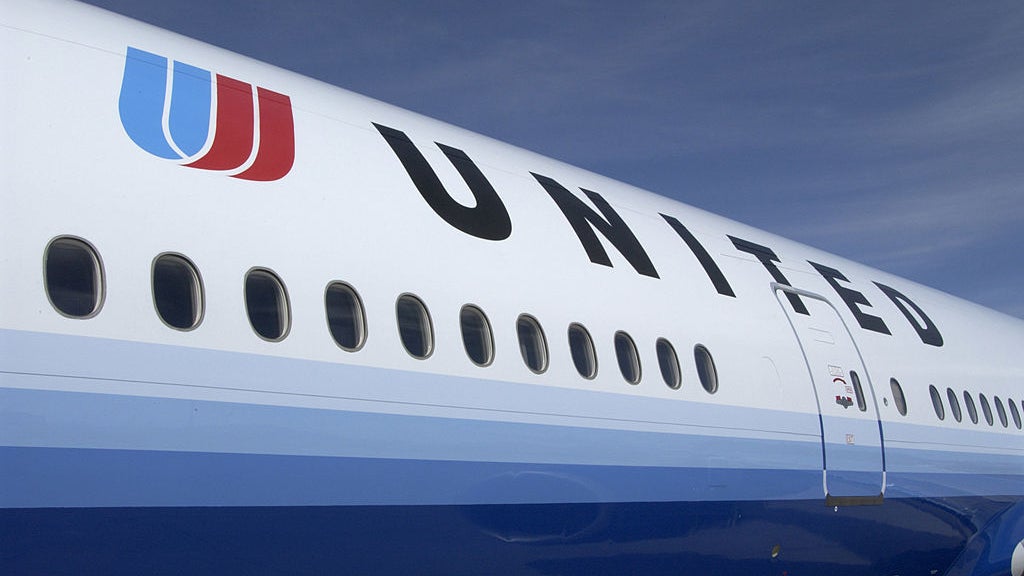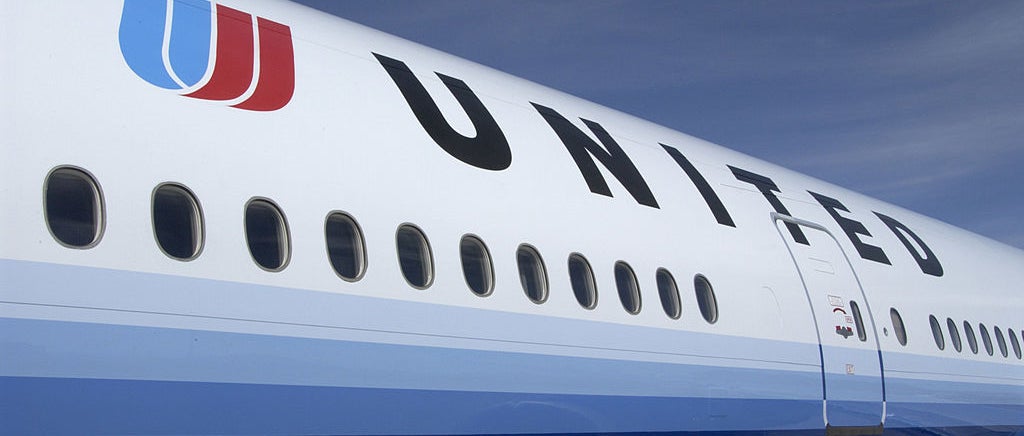The pilot, who was diagnosed with alcohol dependence, cited the religious undertones of the program and the airline failed to offer an alternative path after he refused to attend AA meetings, according to the U.S. Equal Employment Opportunity Commission.
United Airlines will pay $305,000 to a Buddhist pilot who refused to attend meetings organized by the Christian-focused Alcoholics Anonymous (AA) program, according to a press release from the U.S. Equal Employment Opportunity Commission.
The U.S. Equal Employment Opportunity Commission (EEOC), who filed a lawsuit on the pilot’s behalf in 2020, said in the recent press release that the airline agreed to settle the claim that the airline discriminated against the pilot on religious grounds.
Per the release, the pilot, who was diagnosed with alcohol dependence, cited the religious undertones of the program and the airline allegedly failed to offer an alternative path after he refused to attend AA meetings.
According to Business Insider, the man, who had been a pilot for 30 years, lost the medical certificate issued by the Federal Aviation Administration, or FAA, after his diagnosis.
According to Business Insider, a step to being re-certified in United's HIMS occupational substance-abuse-treatment program involves attending AA meetings, and the man objected, citing the religious aspects of AA's 12-step program and its origins in a Christian group, per the group's FAQ page.
The man suggested the Buddhism-based peer-support group Refuge Recovery as an alternative, but said United rejected the request — a decision which would allegedly violate Title VII of the Civil Rights Act of 1964, which prohibits discrimination on the basis of religion, according to the EEOC press release.
According to the press release, to resolve the lawsuit United agreed to a consent decree in which it will pay the pilot $305,000 in back pay and damages, reinstate him into its HIMS program, allow him to attend a non-12-step peer-recovery program, and accept religious accommodations in its program in the future.
"Employers have the affirmative obligation to modify their policies to accommodate employees' religious beliefs," Jeffrey Burstein, the EEOC New York regional attorney, said in the press release.
"If they require their employees to attend AA as part of a rehabilitation program, they must make sure that they allow for alternatives for their employees who have religious objections to AA."
A spokesperson for United told Inside Edition Digital, "Regarding the EEOC, safety is our top priority and we have the highest confidence in the HIMS program, considered the gold standard within our industry for the monitoring of substance abuse."







